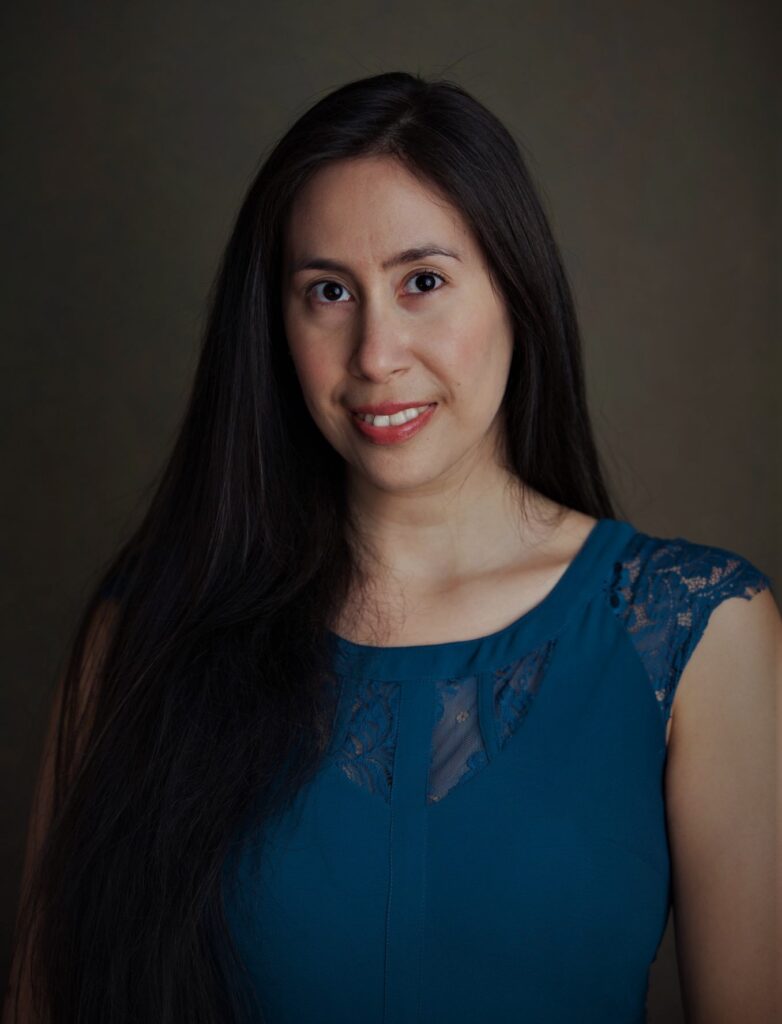Sara Kafashan
Teaching and Learning Consultant
General Background
I grew up in Kuala Lumpur, Malaysia and come from a multi-cultural family with my mother being Chinese-Malaysian and my father being Iranian. In my late teens, I moved to Canada with my sister to begin post-secondary as an international student at the University of Lethbridge, Alberta. At first, this move across the world was a huge shock for me: At 18, I left my home, my family, my friends, and my entire world behind in the bustling, humid Kuala Lumpur (which has a population of approximately 7 million) to study in a quiet and wintery Lethbridge (which, at the time, had a population of about 80,000). Slowly, little Lethbridge became my “Canadian home” as I started to make friends, learn about Canadian culture, and acclimatize to the harsh winters (something I am still learning to do several, several years later!).
After 4 years in Lethbridge, I moved across country (without my sister this time), to pursue graduate studies in Guelph, Ontario. Happily, I still live here today.

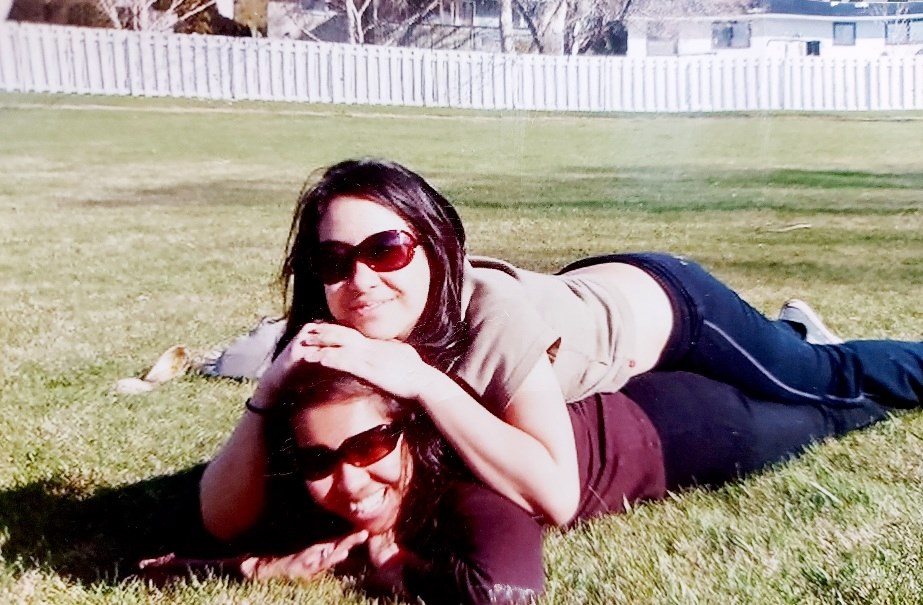
Education
From a young age, my curiosity got the best of me. I loved learning and, as my mother puts it, “asking the tough questions”. She still reminds me today of my favourite question at the age of four: “Mom, why am I not a bird?”
My curiosity and these questions never went away. It led me to pursue several degrees in psychology, where I was able to openly explore the self, the way we relate to others, and how communities and social structures (as well as complex social conundrums) come to be.
I completed my Bachelor of Arts in Psychology at the University of Lethbridge. It was during my undergrad that I discovered my love for psychology, research, and teaching. Along the way, I learned many valuable lessons as well. For example, I had my first philosophical discussion about biomedical ethics (and learned about my fascination and interest for complex social issues). I worked my first job at Subway (and learned the value of working and spending money…as well as the many types of sandwiches available in Canada!). I even got to live out a childhood dream of working with animals: I studied Richardson’s ground squirrels in the prairies as a research assistant for a biology professor (and learned that working with animals was fun, but I preferred to work with people!). All these learnings came together as I made the decision to move to Guelph to pursue teaching and academia.
At the University of Guelph, I completed a Master of Science in Neuroscience and Applied Cognitive Science as well as my doctorate in Applied Social Psychology. During my graduate degrees, I fell in love with the applied aspect of social psychology: Using research, and evidence-based strategies, to better understand and offer solutions to navigating specific social problems.
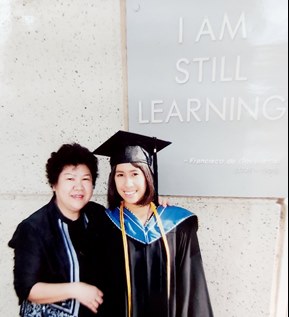
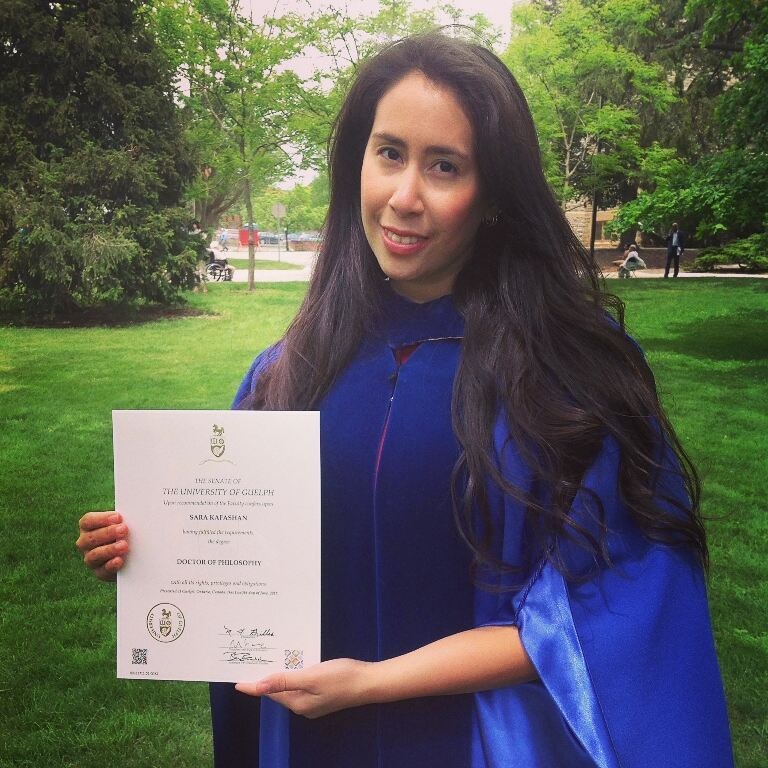
Highlighted Work & Projects
Today, I’m an Applied Social Psychologist. I’ve been fortunate to be able to use my training to apply psychological theories, principles, and research to navigating various topics, such as mental health, homelessness, accessibility, student wellness, and inclusive teaching.
Below is a list of selected work and projects that I’d like to share:
- Shine at the University of Guelph: As the Mental Well-Being Facilitator at the University of Guelph, I led Shine, a holistic, integrative, and innovative strategy for boosting student wellness and resilience. During my time with Shine, I led (a) the first all-men mental health panel where men from the University community shared their personal experiences with mental health to promote awareness and reduce stigma, (b) the Student Transition Stories project, a video story-telling of student stories of challenges and setbacks at post-secondary, and (c) the embedded wellness curriculum, a short curriculum that supported faculty use of inclusive teaching practices to increase student academic and personal resilience.
- POC Wellness Facilitator: Using principles of inclusivity, decolonization, anti-oppression, and anti-racism, l facilitated a POC (People of Color)-only space to guide participants through integrating their lived experiences of discrimination, prejudice, and issues with social justice.
- Hastings County Homelessness Research Project: Working with the County of Hastings and the Centre for Community Based Research, I was part of a research team that documented the demographics, prevalence, and lived experiences of homelessness and housing insecurity in Belleville, Ontario.
- Award-winning Critique of Media’s Representation of Mental Health: At the University of Lethbridge, I received the Faculty of Arts & Science Writing Award for a paper I wrote. In this paper, I critiqued popstar J.C. Chasez’s Album, entitled, “Schizophrenic”, and explored the propagation of myths and stigma of mental illness through the media.
- Faculty Guide to About Community Engaged Learning: Working with the Community Engaged Scholarship Institute and a faculty member at the Sociology Department in the University of Guelph, I developed an evidence-based educational guide to inform faculty about Community Engaged Learning, a pedagogical strategy used to bridge partnerships between students and community members for mutual beneficial outcomes (e.g., to improve student learning and deliver products and resources for community partners).
- Grief Group Facilitator: As a grief facilitator, I supported the grief and loss of community members in a small group setting. Using a psychoeducational model, I led community members in processing their grief and through supportive coping strategies.
- Evaluation of the Travel Training Program: The Travel Training Program supports seniors and people with disabilities to enhance their independence by developing skills needed to travel via public transit. Together with Community Living Toronto and the Centre for Community Based Research, I collaborated on research to understand the impact of this program on experiences of individuals with intellectual and developmental disabilities.
- Educating the Community about Trauma: At the Canadian Mental Health Association, I created, facilitated, and led the delivery of a four-week psychoeducational program for Guelph community members to understand and mitigate the mental, physical, emotional, and behavioural impacts of trauma.
- Peel Poverty Reduction Project: With the Peel Region and the Centre for Community Based Research, I was part of the initial stages of a project that tested a new coordinated system to better support people with dual diagnoses in gaining efficient access to homeless shelters.
- Suicide Awareness and Prevention Training: I am a LivingWorks certified SafeTALK trainer, delivering half day in-person workshops designed to teach individuals how to recognize the signs of suicide and connect with appropriate safety resources. I am also trained in ASIST (Applied Suicide Intervention Skills Training), which is a suicide intervention first aid program.
Teaching in Post-Secondary
I come from a family of teachers, with my mother being an elementary school teacher and my sister teaching at a high school in Kainai Nation (Standoff, Alberta). I grew up tutoring the younger siblings of my friends and others within my extended social circle.
In addition to teaching in various community contexts (see previous section), I’ve taught in several post-secondary courses within the social sciences. For example, at the University of Lethbridge, I taught an Anthropology seminar through the Indigenous Student Success Cohort, a program that aids Indigenous students who are not yet fully admissible to the University gain course credits. And, at the University of Guelph, I gained teaching experience in various lower- and upper-level psychology courses (e.g., Introduction to Psychology, Community Psychology, Social Psychology), research methods courses, as well as statistics courses.
Passions
Years later, I’m still someone who enjoys asking tough questions (although I’ve moved on from asking about being a bird!) and grappling with social issues. I enjoy learning, through books and listening to lived experiences and stories from others. I love trying new things: This year I’ve started playing on a soccer league and practicing kickboxing. I love the outdoors and hikes all year round: I’m happiest when I’m near mountains, beaches, lakes, or forests. When I can’t be outside as much as I’d like (I’m still terribly afraid of the cold!), I find ways to bring the outdoors inside: Mostly, this is accomplished through my indoor jungle of 40+ houseplants. I also enjoy crafts, and have dabbled in pottery, crocheting, and drawing. Pre-covid, I enjoyed backpacking adventures, mostly to experience various landscapes, wildlife, and cultures. Although I do not have any pets, I love animals and fostering abandoned bunnies within the Guelph area.

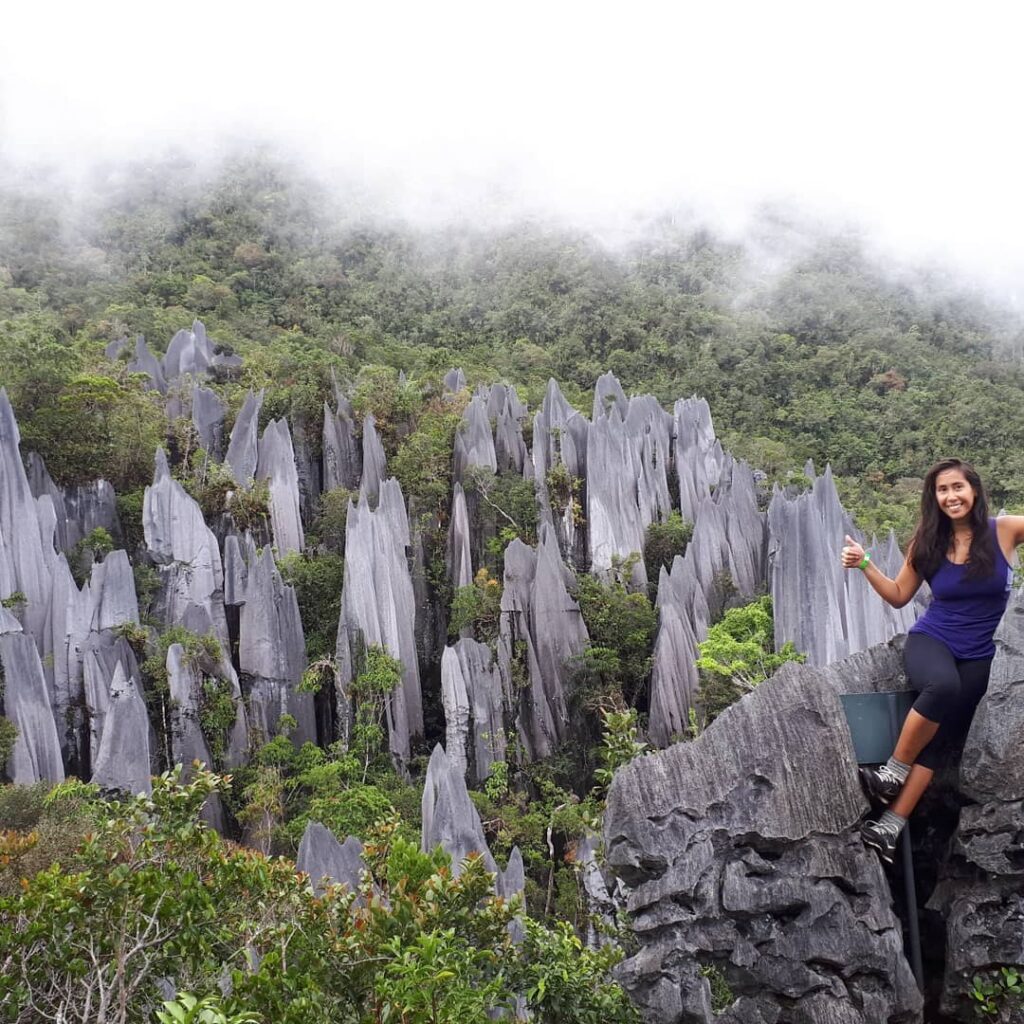

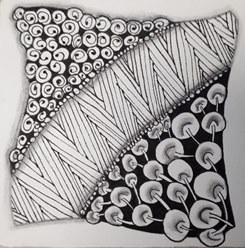
Select Publications and Conference Presentations
Kafashan, S. (2019, Oct. 16). Boosting Student Well-Being and Resilience: Shared Learnings from the University of Guelph. Oral presentation at the Centre for Innovation in Campus Mental Health, Toronto, ON, Canada.
Kafashan, S., Sparks, A., Griskevicius, V., & Barclay, P. (2014). Prosocial behaviour and social status. In J. T. Cheng, J. L. Tracy, & C. Anderson (Eds.) The Psychology of Social Status, New York, NY: Springer.
Kafashan, S., Sparks, A., Rotella, A., & Barclay, P. (2016). Why heroism exists: evolutionary perspectives on extreme helping. In S. T. Allison, G. R. Goethals, & R. M. Kramer (Eds.), Handbook of Heroism and Heroic Leadership. New York, NY: Taylor & Francis.
Kafashan, S., Jeffrey, N., & Haanstra, S. (2015). Toward Common Ground: Baseline Evaluation Findings. Report presented to Toward Common Ground Initiative. Published on the Atrium at the University of Guelph.
Morton, M., Kafashan, S., & Thomson, L. (2014). Community-Engaged Learning: An Educational Tool for Faculty to Implement into Course Design. Published on the Atrium at the University of Guelph.
Amaral, A., Kafashan, S., & Nelson, K. (2017). Toward Common Ground: Visual representation of demographic indicators of health and wellbeing. Report presented to the Toward Common Ground Initiative. Published on the Atrium at the University of Guelph.
Jeffrey, N., Kafashan, S., & Marrotte, J. (2016). Understanding eight domains of wellbeing: Identifying a framework for the Social and Health Service Section in Guelph and Wellington. Report presented to Toward Common Ground Initiative. Published on the Atrium at the University of Guelph.

